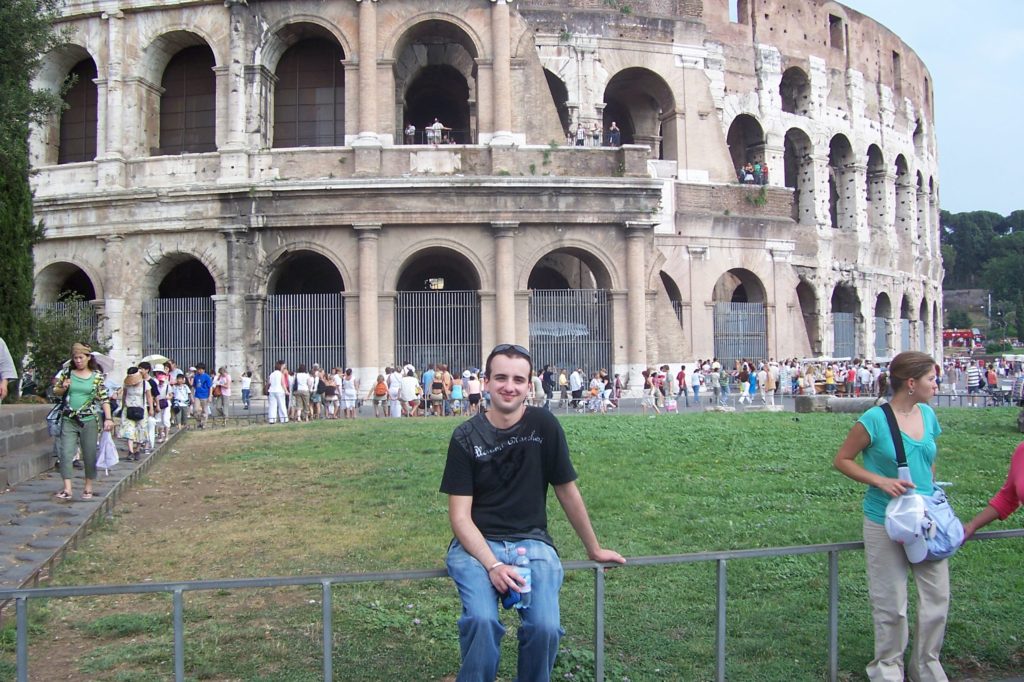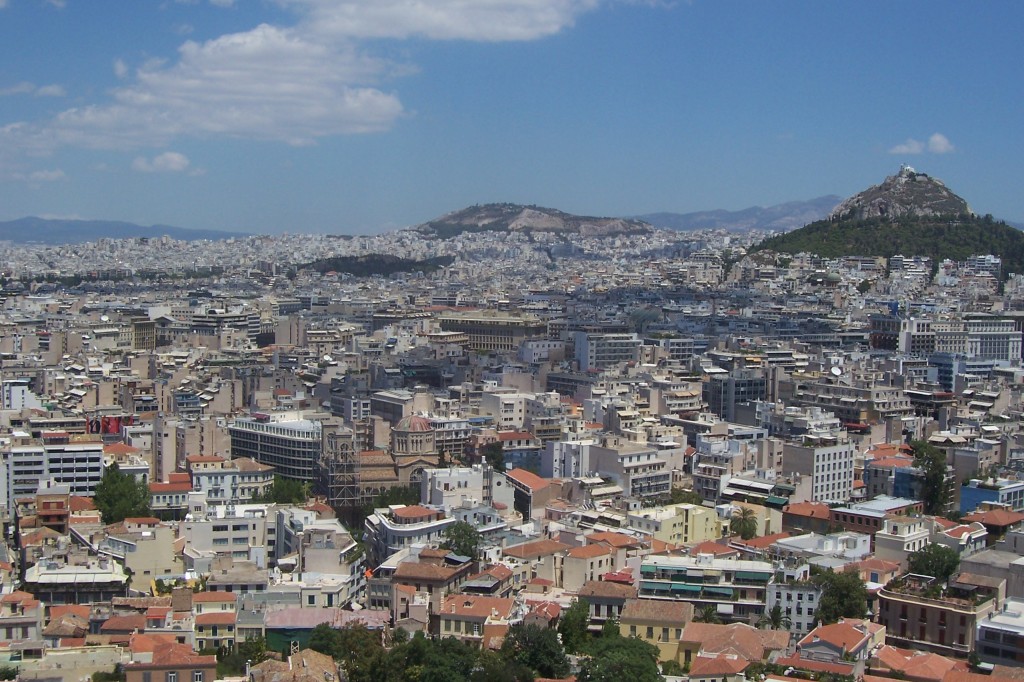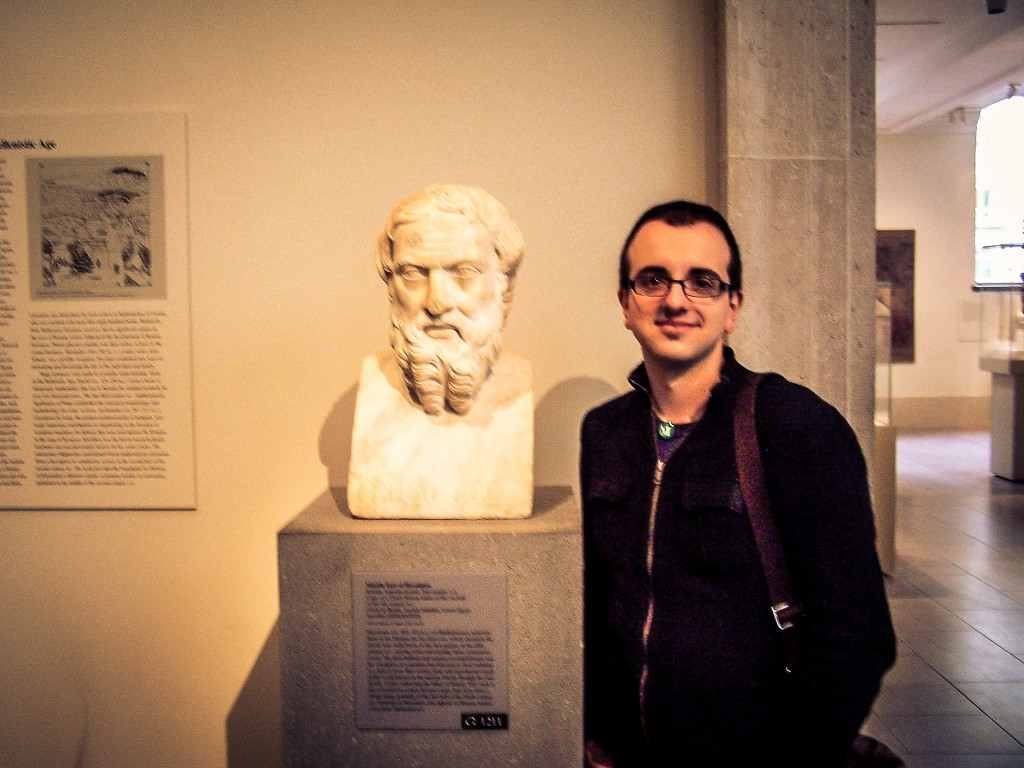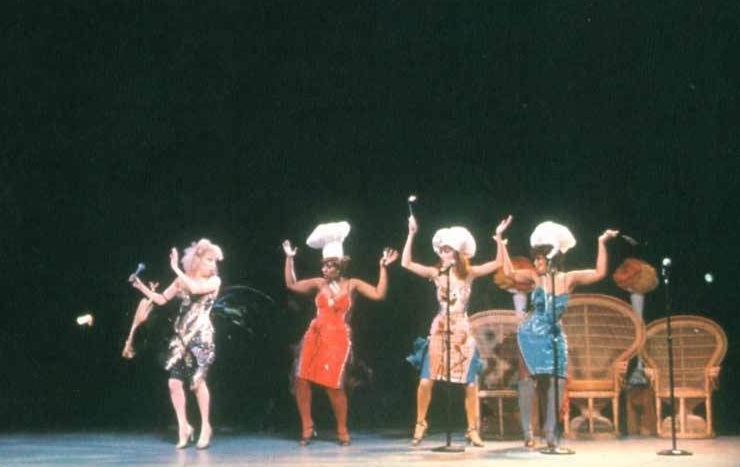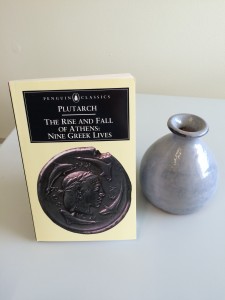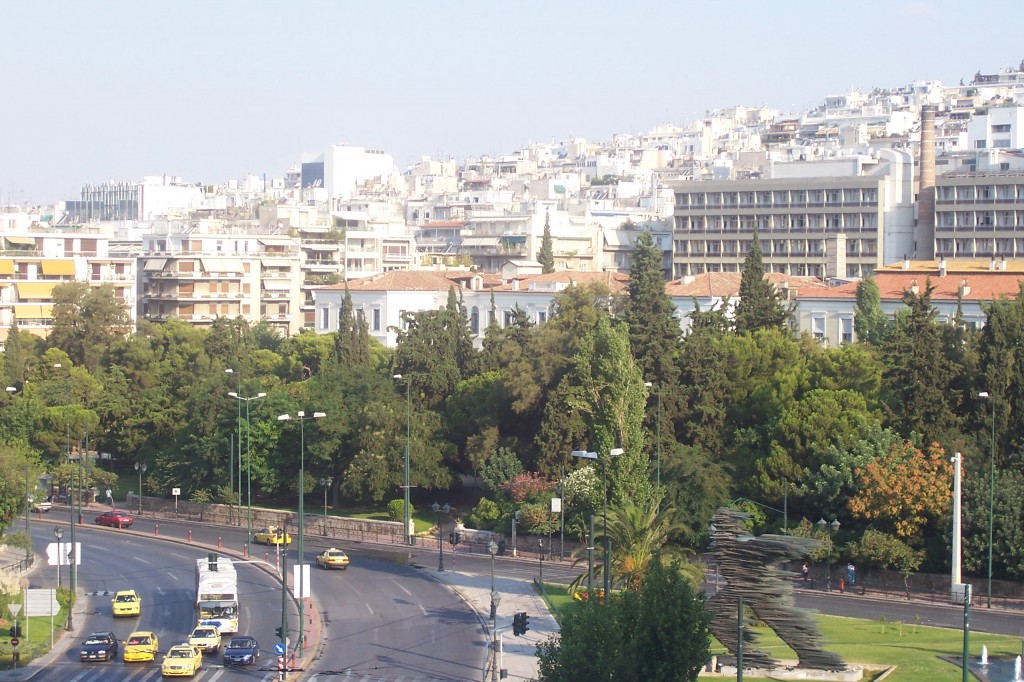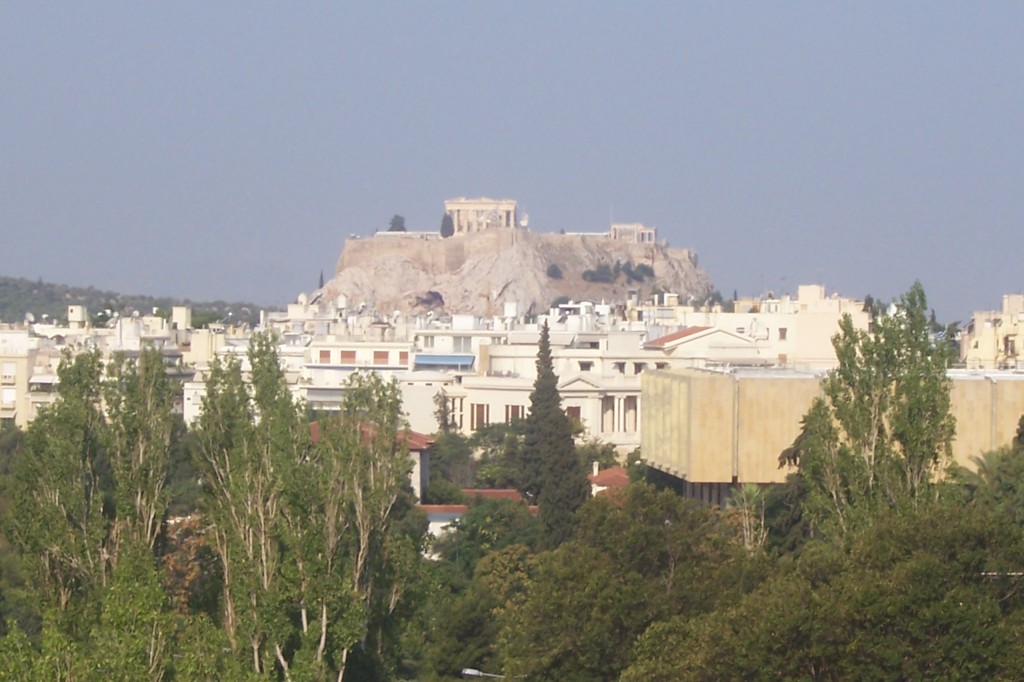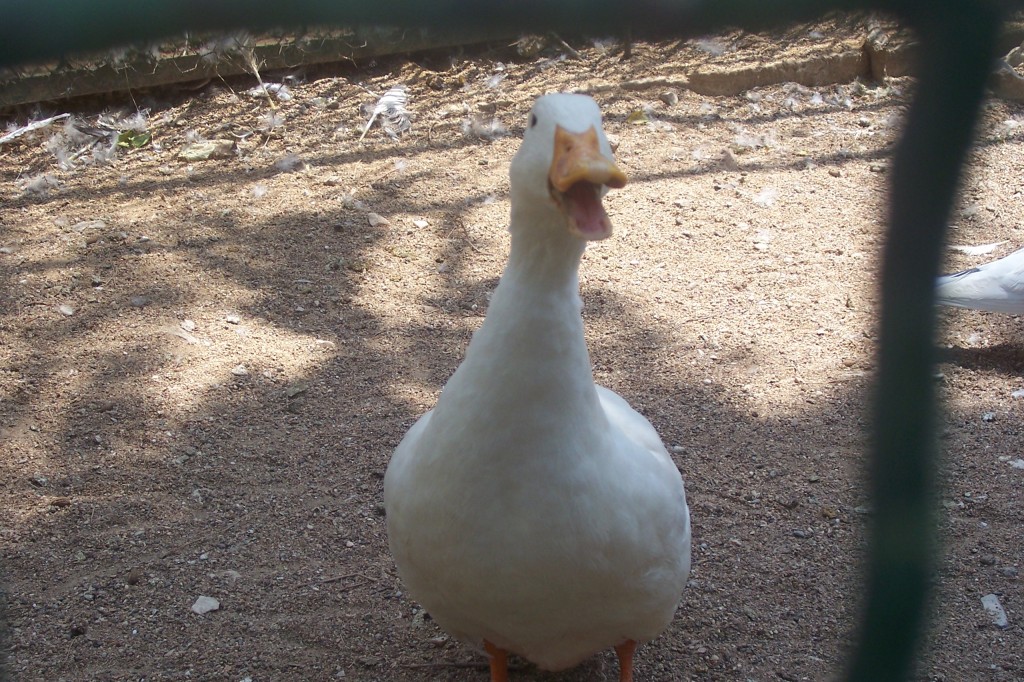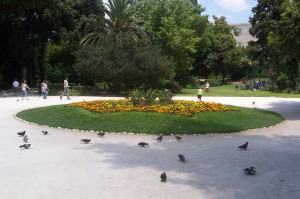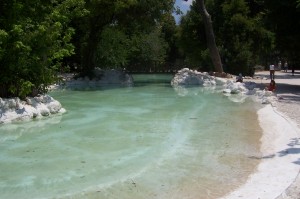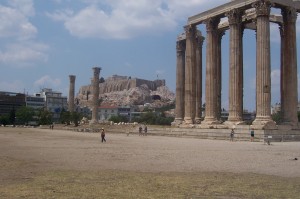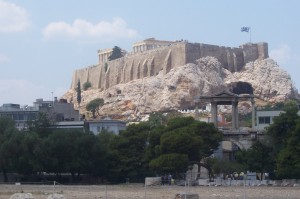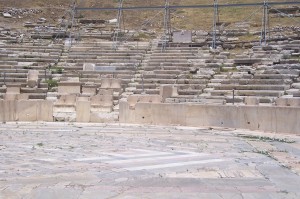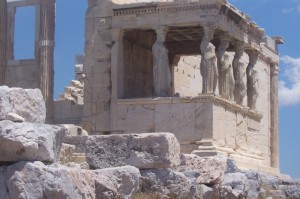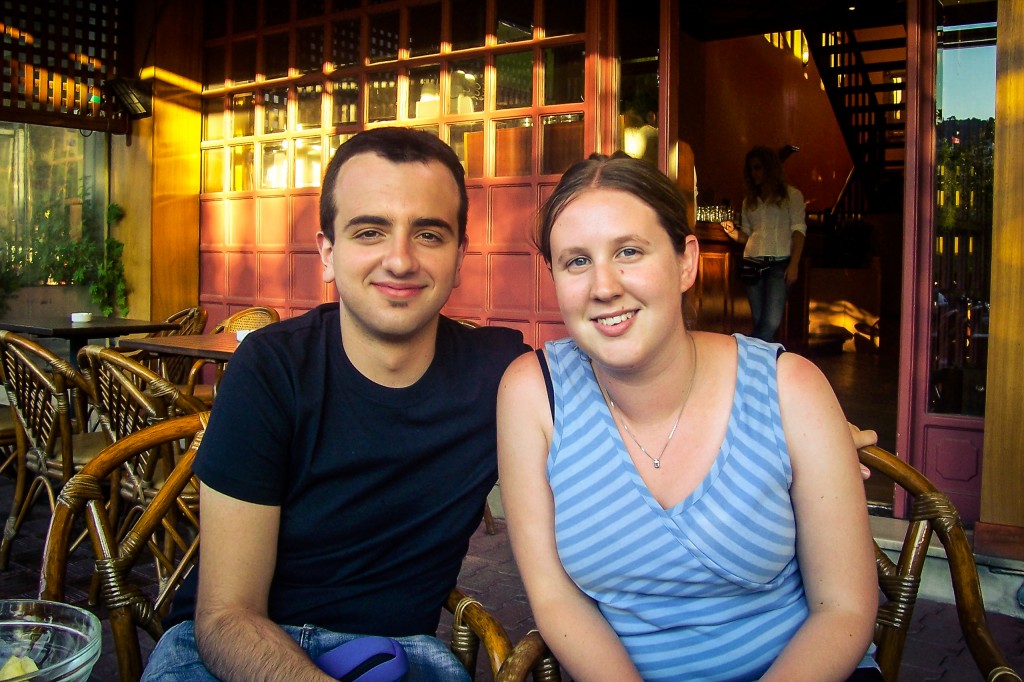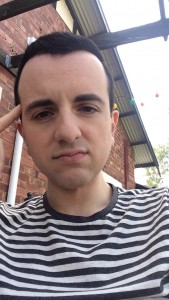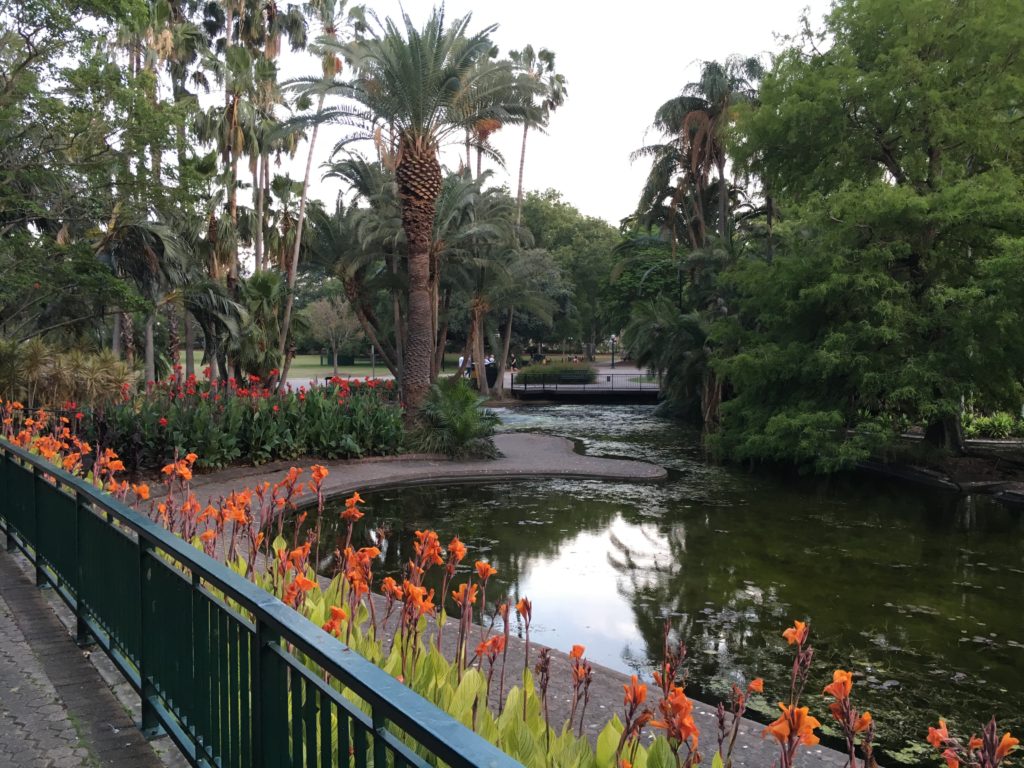
The scent of toothpaste took me fleetingly back to Athens.
Let me explain. First, let me wish you a happy new year. I went back to work last week after two weeks off over Christmas. Dusting a shelf at the bottom of my office bookcase, my cloth knicked and got caught on a thick book. The book was from the first international conference I ever attended, which was held in Athens in 2006. The conference boasted an impressive number of individual presentations, symposiums, and posters, and so the abstract booklet was frustratingly heavy as I lugged it around in my backpack after I left Athens and went travelling around Europe with my friend Carlo. Rooming with us for nearly a month, the book often ended up alongside my toiletry bag in my backpack. As a result, it took on a distinct smell of toothpaste that remains to this day. When I started flicking back through that book, I was instantly transported back to sunny Athens and the little newspaper stands that lined the streets around my hotel on Leofóros Vasilissis Sofias. Before you Google that avenue, the hotel was the Hilton Athens. Trust me, the indulgence didn’t last and we then stayed in some decidedly shitty hotels where breakfast was often served cold with a side of surly. While I was on this flight of fancy in my office, memories of Rome, Berlin, and a rainy Amsterdam flashed past.
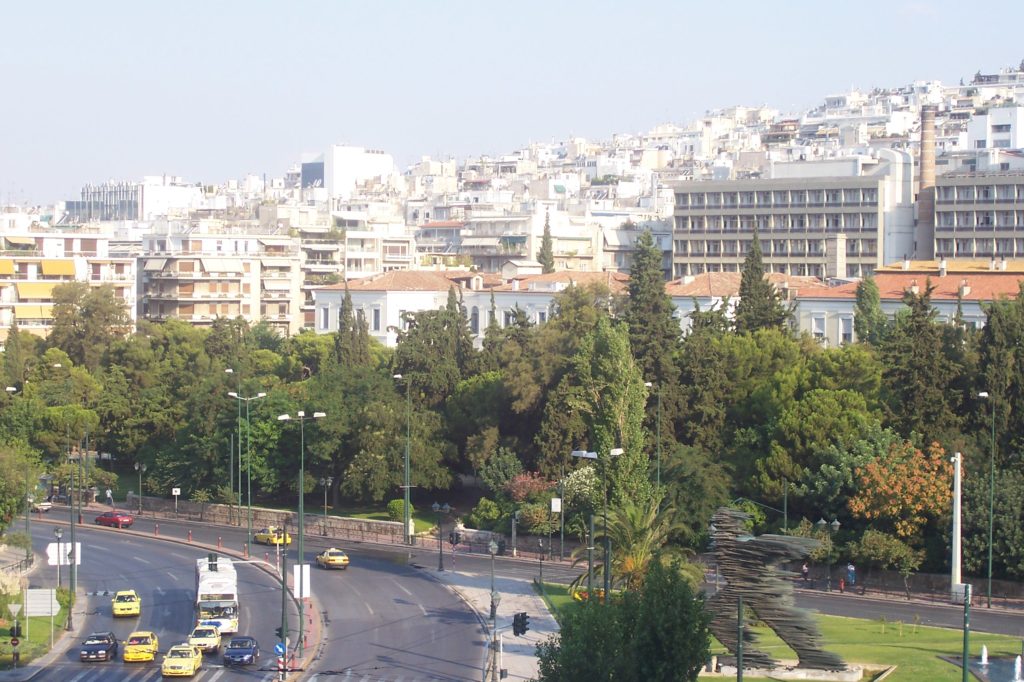
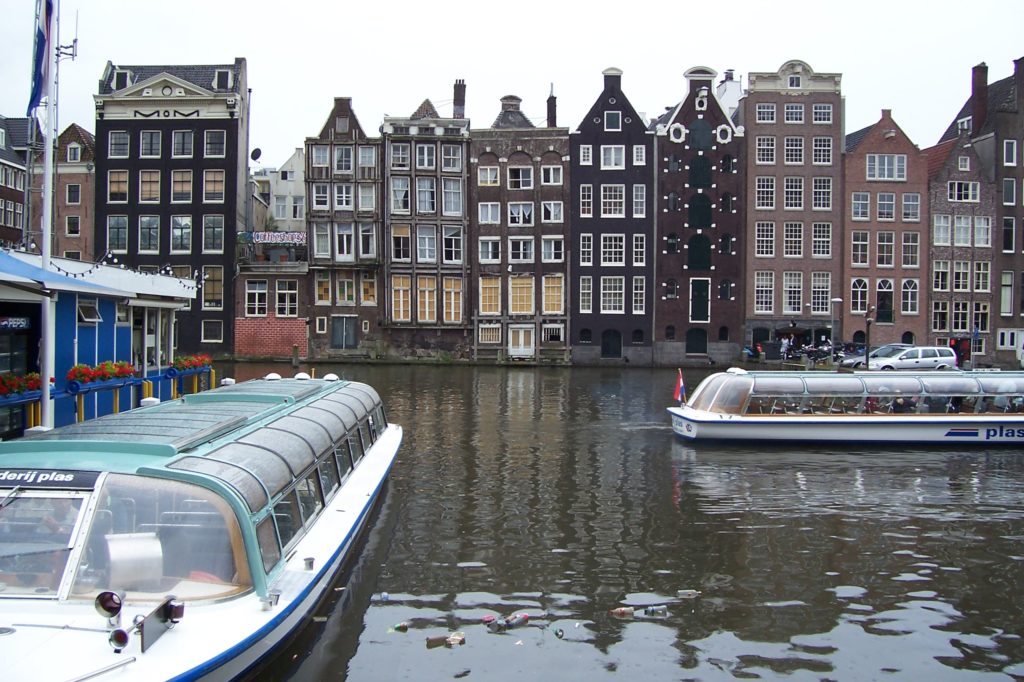
For the last few weeks, I’ve felt surrounded by so many different scents. There was the cut and often sprinkler-soaked grass of the suburban streets we walked over the Christmas break. I also threw myself into amateur chemistry when trying on colognes and perfumes for potential gifts, positioning each atomiser’s nozzle slightly higher up my arm. Just the other day, I unwrapped a gift of a lovely bar of L’Occitane soap to use in the shower. Then there are the smells of Christmas. Some would say Christmas is a delicate bouquet of turkey, port, and the bittersweet spice of simmering family tensions and heated recriminations. For me, Christmas smells like panettone.
The first day back at work is always the hardest. It was made harder still by not having anything in the house for breakfast, except for a single chunk of the panettone Bob and I (ok, mostly I) had been snacking on for much of the holidays. Most people from an Italian background will tell you that they start eating this traditionally Milanese sweet bread/cake (or the similar but different pandoro, originally from Verona) just before Christmas Day and continue to do so until at least February or March. From then, the colomba, an Easter cake shaped like a dove, swoops in to save the day. I always knew it was Christmas when I’d go over to my nonna’s house and the spare room was piled high with panettones for family, friend, and (because we’re Italian) foe alike. Easter was denoted by the colomba and plastic fruit and vegetable bags stuffed with Palm Sunday palms. Looking at these, I’d get the distinct impression that when parishioners went up to get their blessed branches from the priest, Nonna had gone up for seconds. For those who have never partaken, panettone smells like sweet dough and candied fruit, and sometimes chocolate. Panettone smells like Christmas. Christmas doesn’t only have a smell; it also has a shape – and that shape is cupola, octagon, or even frustum, depending on your brand of choice.
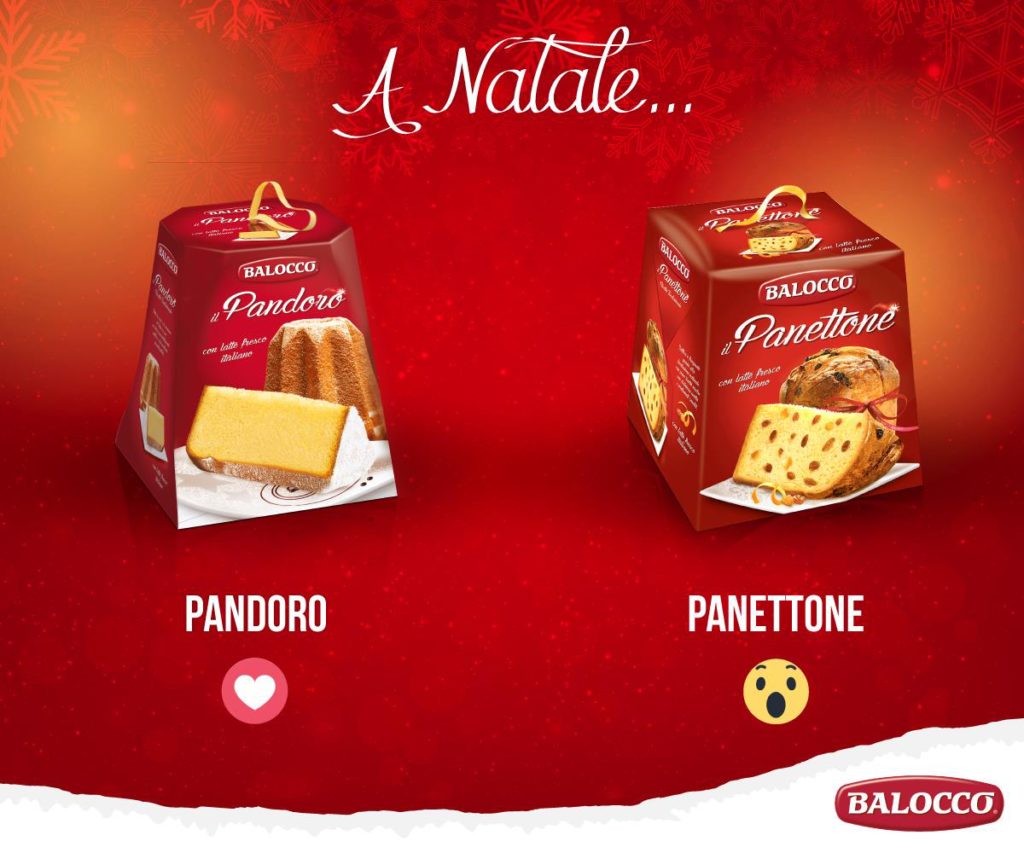
That first morning before my return to work, I boiled water, prepared a towel…no wait, that’s not it. Like Prissy in Gone with the Wind, I’m no midwife. The water was for coffee, the towel for a shower. I found some cream biscuits at the back of the cupboard, and I silently cursed my generosity from a few nights earlier when I’d taken to a party the Balocco Torte in Festa with lemon cream (I won’t explain this one – just know it’s delicious) that I’d gifted myself during a trip to the supermarket.
We didn’t do much over the break. It had been a busy year and we (or I, but Bob kindly obliged) wanted some quiet time. I had put a lot of energy into preparing for a conference I was involved in, which was held in Brisbane in late November. Brisbane is one Australian capital city that is less familiar to me than others. I had only been there once before; funnily enough, it was for the same conference. I think that I mentally categorised Brisbane early on with the Gold Coast from a trip my family took to the latter when I was 15. Geography has never been my strong point, and somewhere along the way I started to equate the two as if they were suburbs apart (try an hour to an hour-and-a-half drive). I also don’t seem to have retained any memories of the sightseeing or theme park visits from that first trip. Instead, I have four memories. The first is of a little notepad I’d brought along to write down my thoughts (I’d briefly taken up journaling), but ended up using to jot down the cast lists of any films that were on the TV while we were there. I can’t really tell you anything about the plot of Wild America starring Devon Sawa, but I can tell you who the director of photography was. My second memory is of having dinner on a marina and being allowed to sneak a few sips of my mother’s piña colada. The third is of buying a copy of Lauren Bacall’s Now. For some reason, it had very coarse pages that made them difficult to turn. I didn’t even take off the dust jacket like people do when reading something in public that could get you looks. Finally, I remember the smell of chlorine and beach in the elevators, reception areas, and hallways of hotels and apartment complexes. That probably sticks with me the most. Later my memories of the Gold Coast would be of weddings on houseboats, Bundaberg Rum, and those little circular hotel soaps, but they are stories about another me in another time.
When the taxi pulled up outside of the Royal on the Park on Alice Street, I knew I’d made the right choice of conference hotel. I’d chosen it largely because it was a couple of minutes’ stroll from the conference venue. However, the late ‘60s or early ‘70s front of the building appealed to me. I mean that in the best way. It seems that ‘60s architecture is widely lauded, but often the images conjured up when mentioning ‘70’s architecture are of wood panelling and burnt orange tones. I happen to love burnt orange, not that there was any in sight. The hotel had a warm, inviting lobby, the elevators a level of bygone charm, and my room was spacious and contemporary after a recent new fit out. The hotel is also across from the City Botanic Gardens. It was a treat to walk to and from the conference passing through those gardens. My stay in Brisbane was a short three days because I had to jet straight back for my friend Tristan’s wedding. That was a lovely, lovely day.
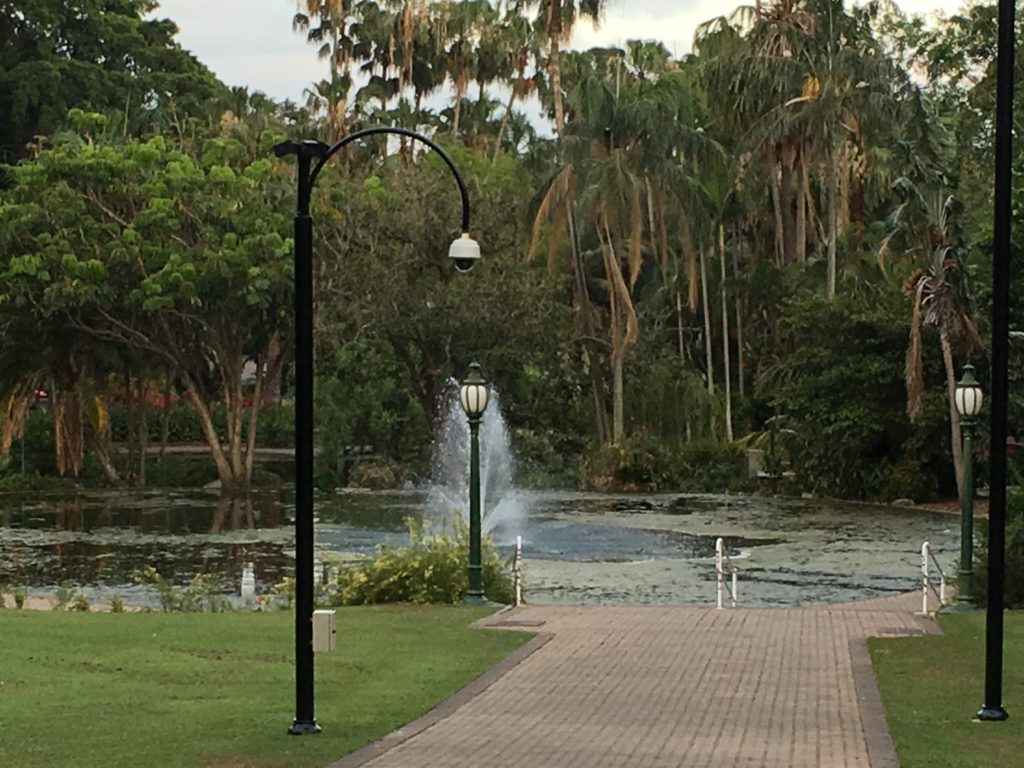
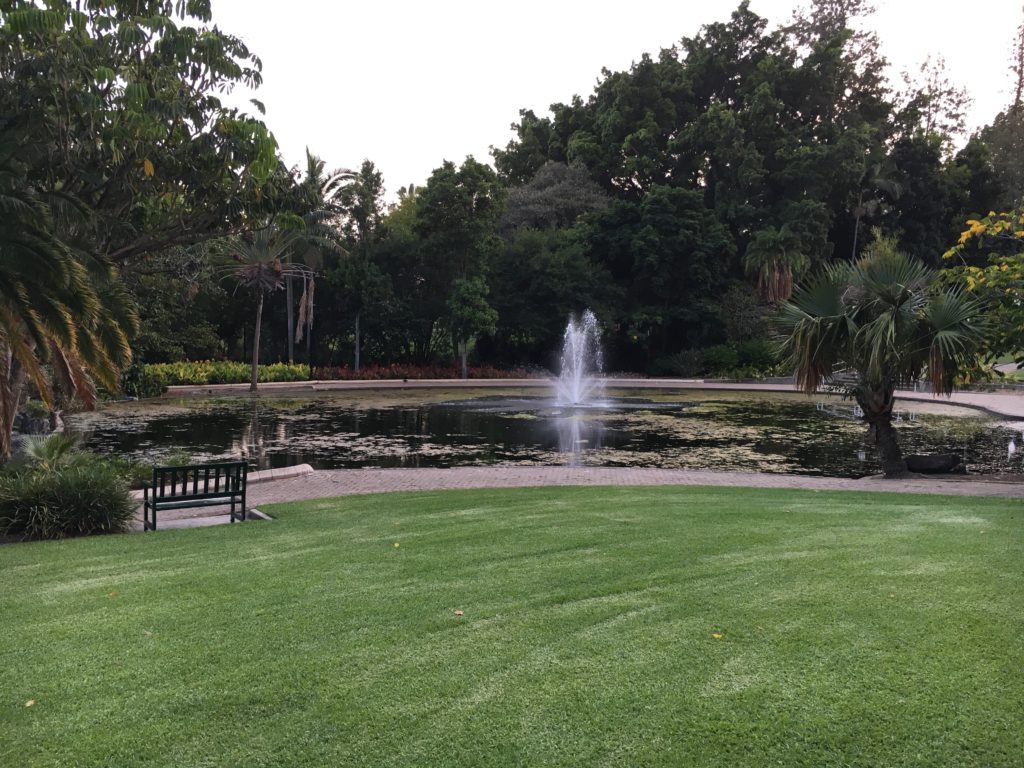
I was very pleased a month before the conference to be asked back to Sonya Feldhoff’s Afternoons program on 891 ABC Adelaide, which as of 2017 is known as ABC Adelaide. Last time I was on, we discussed empathy. This time, we spoke about social psychology topics I’ve always enjoyed teaching: first impressions (and the errors made in forming them, because we psychologists always accentuate the negatives), schemas, attributions, and self-fulfilling prophecies. We got to cover a lot of ground. I enjoyed mentioning some of the names psychologists gave to their discoveries. Terms like the fundamental attribution error, the primacy effect, and the what is beautiful is good stereotype. I spoke about Robert Rosenthal and Lenore Jacobson’s work investigating what happens when teachers are led to believe certain students will “bloom” in the coming year. I only wish I’d mentioned the name of their book, Pygmalion in the Classroom. Aren’t psychologists the best with titles? If you’d like to listen, the recording can be found here. Just a couple of weeks later, I was a guest by phone to discuss whether empathy should be taught in schools. These are all topics I want to address more this year in my blog. For now, suffice to say that I believe more empathy is always a good thing.
In 2017, I look forward to completing and publishing more interviews. I’ve been researching in depth a long-term project, which has meant lots of interviews but not for this blog. However, I have also been researching interview subjects whom I hope to chat with early in the year for this space. My research has involved lots of reading; as well as watching of movies and TV shows that span 30 years (and this is for one interviewee), and even getting some old VHS transferred to DVD for the process. I actually bought a VCR for my grandfather for Christmas. On that topic, I’d like to write about videos and my love affair with them, too.
Most of all, I want to continue to write about the light and the heavy. It is a changing world. Of course, it always has been (you mean, they didn’t have the Prius during the Enlightenment?). But so many people seem disheartened, disillusioned, and in despair. For me, I want to write about what psychology can tell us about, and how perhaps it can help us navigate, such times. Recently, I was chatting a little with Sherilyn Fenn on Twitter (how cool is Twitter that it allows me to do that – and months before the new Twin Peaks?). We mentioned the “noise” that can come from online interaction. I want to write about that. In particular, I’d like to address something I’ve grappled with regarding online communication: whether we should “fight” with those we don’t know, but who have such diametrically opposed attitudes to our own. For some fun, I’m also thinking of a piece that takes a developmental psychology focus to young people’s adoring online fans.
Before I sign off, I’d like to remember here Francine York. She helped me with a project I am currently working on, and in 2014 she participated in a post for the blog where I asked some special people, “What three items would you want to have with you if you were stuck on a desert island?” Read her response – it’s all Francine! Francine loved being a part of Hollywood, worked for over 50 years, was always glamorous and picture perfect, and was such a force of nature. I think that’s why I was shocked to find out she had passed away. It’s hard to believe she’s gone.

Tonight, I’m staying in. I might watch a film. Or maybe I’ll finally sit down to a BBC Bette Midler documentary I’ve been meaning to watch. I’ve been so busy since returning to work that the last thing I watched was President Obama’s farewell speech streamed live from Chicago. I want to write a little about that later. I will say that I loved that the applause from the crowd sounded and felt like it would shatter my headphones.
Until then, I want to leave you with a quote from Benjamin Franklin, which is verified as coming from his work. You must check these things. After all, based on all the quotes attributed to her, you get the impression Marilyn Monroe never shut up.
“Be at War with your Vices, at Peace with your Neighbours, and let every New-Year find you a better Man”.
The Franklin tome in which it appeared was titled Poor Richard improved: Being an almanack and ephemeris of the motions of the sun and moon; the true places and aspects of the planets; the rising and setting of the sun; and the rising, setting and southing of the moon, for the year of our Lord 1758… it goes on. Wow, that’s quite a title. Franklin was many things, but a psychologist he was not. I like that title though because it does say something about change, continuity, and the eternal nature of things even in an uncertain world.
As an aside, I’ve read that a version of panettone may have existed at the time of the Roman Empire. Now that’s Eternal.
